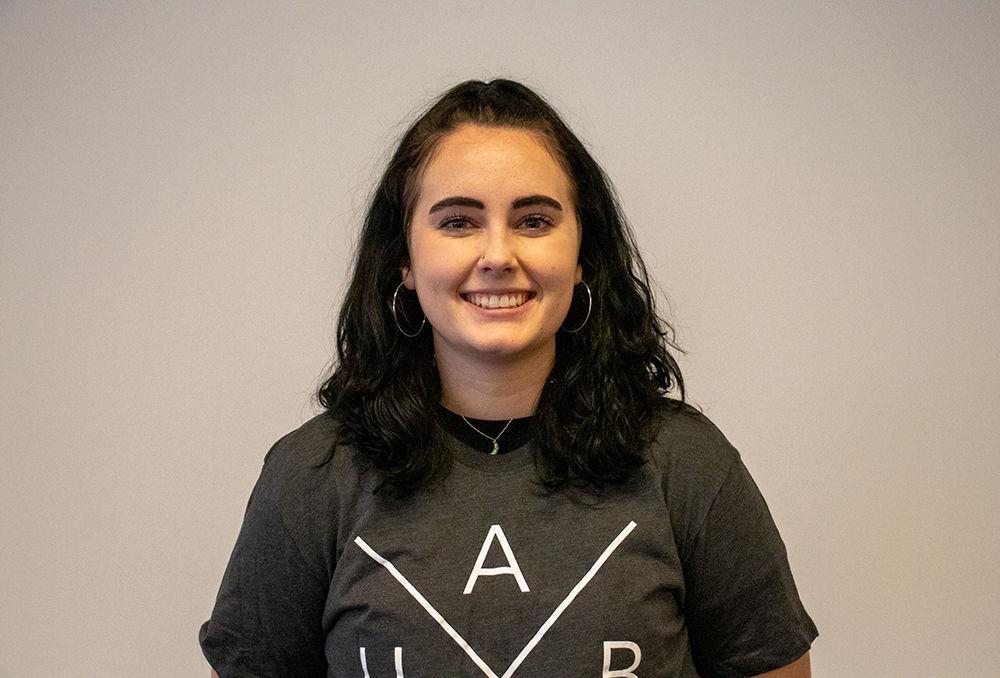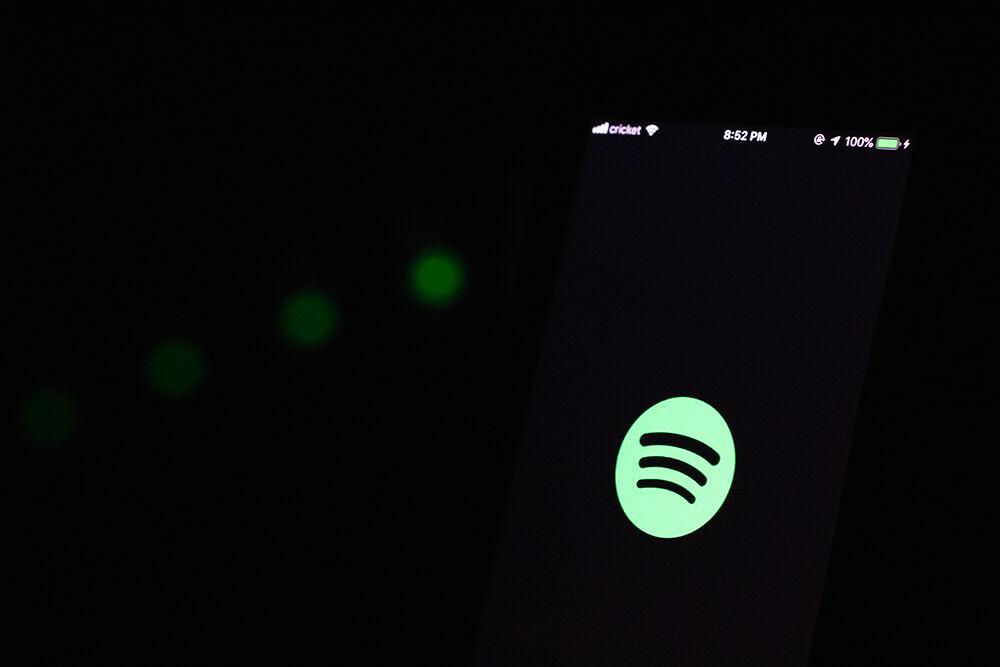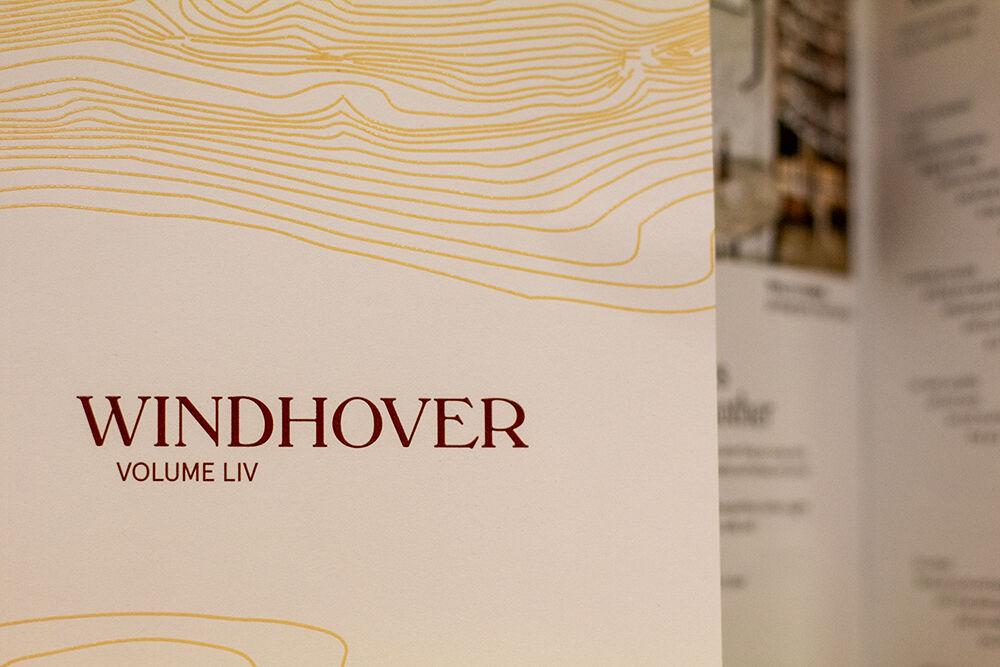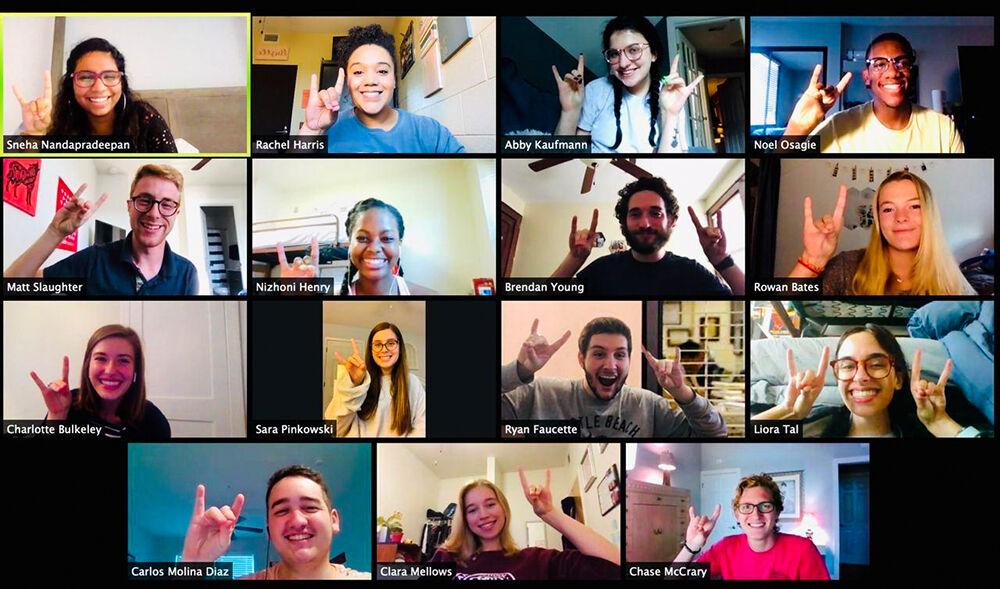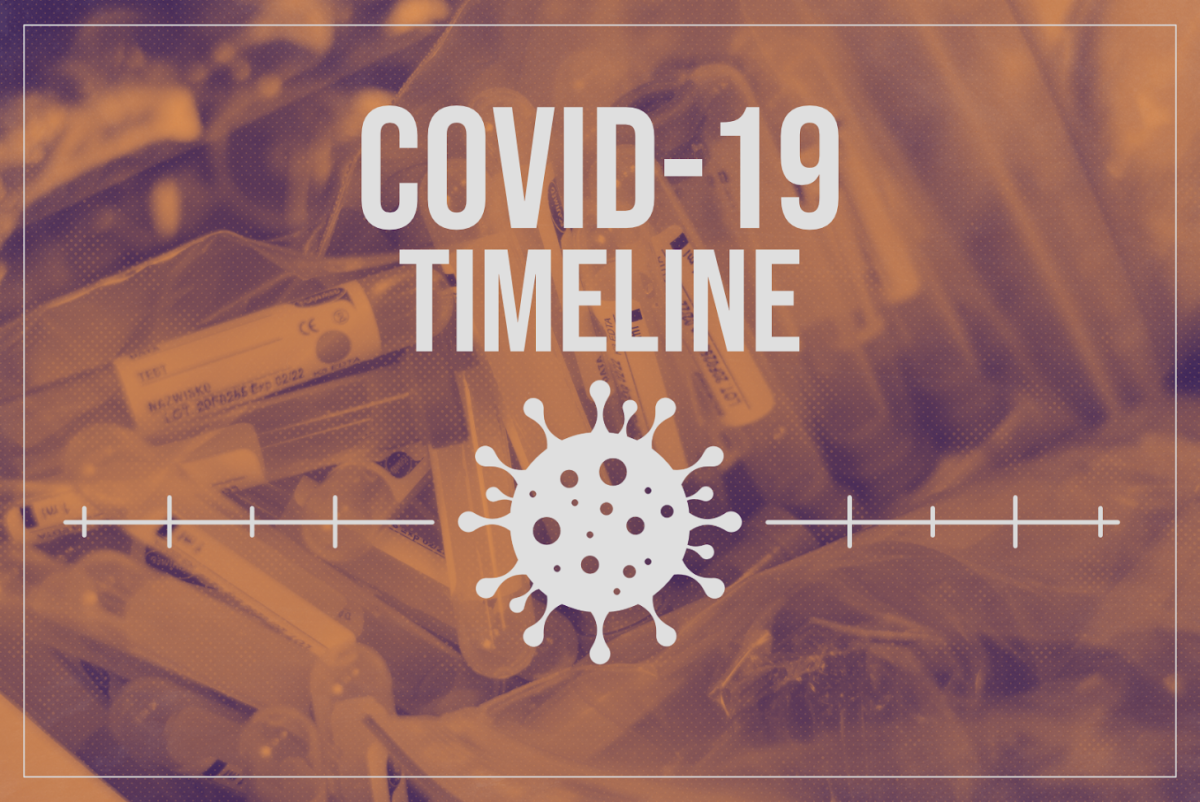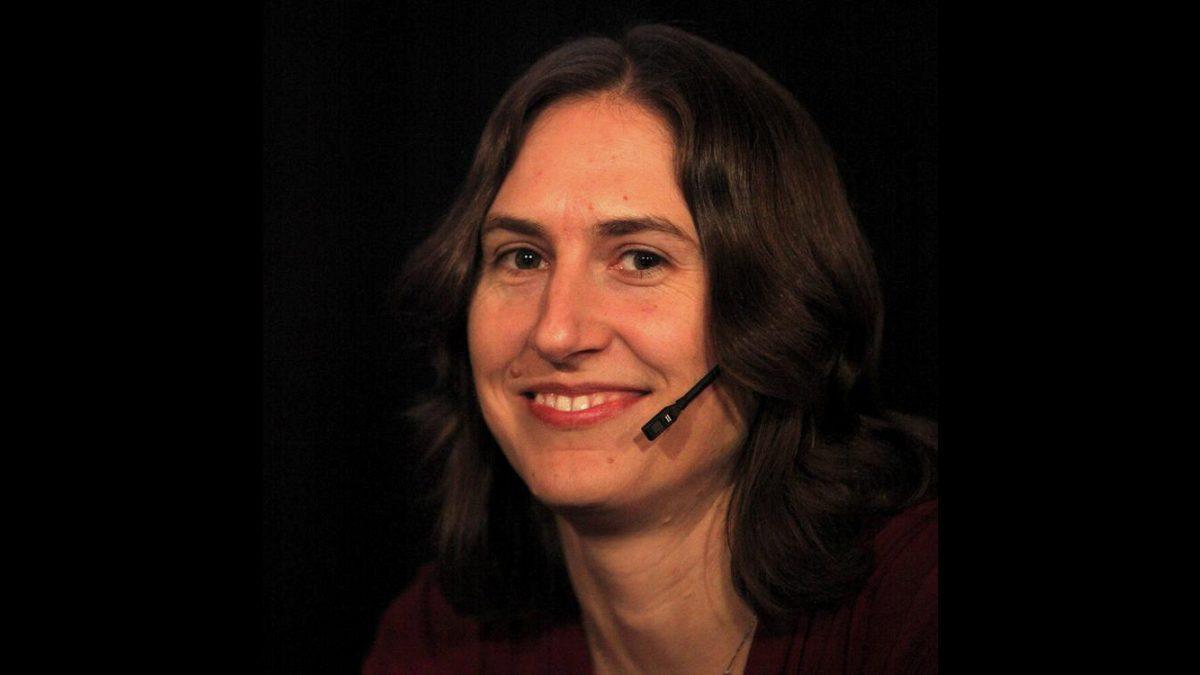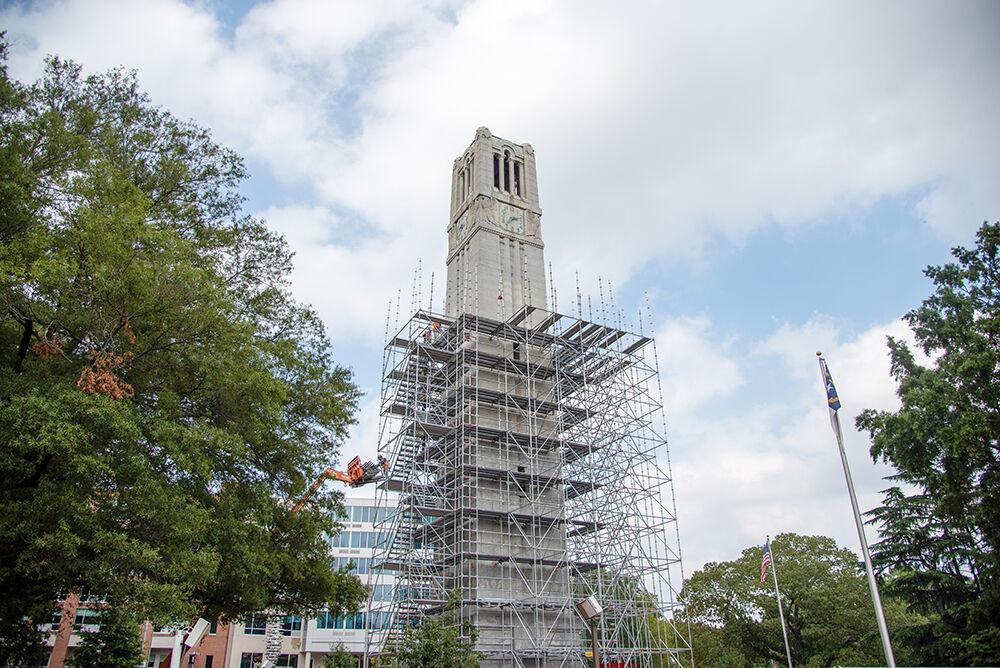Like many student-led campus organizations, the end of the year brought leadership changes for the University Activities Board (UAB). Bri Murphy, a fourth-year studying genetics, was recently announced as the new president for the board. Murphy talked about UAB’s role on campus, her application process, goals for the upcoming school year and new changes to the structure of UAB.
What does UAB do and why is it important?
We recently reworded our mission statement to better encompass in shorter words what we really stand for. Our mission statement is that the University Activities Board innovates programs for students and by students that enhance the NC State experience. I think a lot of what we do, obviously, is plan events on campus, and those can range from a large concert to a small slam poetry event in hopes to enhance the student experience by providing fun and informative campus programs that give students the opportunity to engage with the campus community and learn beyond the classroom.
What was the process for becoming the UAB president?
To run for president, you have to be nominated by someone who has been on the board. So, during one of our meetings in the fall, we have a nomination process. Once you’re nominated by someone, you can go through the application process, which involves a selection committee that is made up of around 10 to 12 people that include the outgoing UAB president, the advisors, students from outside UAB, etc. You go through an application process which is usually a few essay questions and different topics on there. Once you get through the selection process and you are approved to run by the selection committee, you create your presidential platform which you then present at a general body meeting, and then the selection committee and the board will rank based on a rubric and decide from there who becomes president.
What do you hope to do differently during your presidency?
When I think back to my platform and the thing that really stuck out to me that I wanted to focus on this year was definitely communication. Creating a space of open dialogue, not only in the board and the general body but also in the campus community as a whole, is something I would really like to achieve, just a level of transparency and being comfortable in that space and being comfortable to voice concerns or have people voice concerns to me.
One thing that I also enjoy focusing on is having fun. A lot of programming can be challenging and feel super heavy and feel like you have to do the best you can all the time and plan an event that a lot of people are going to come to. I feel like there’s a lot of pressure sometimes. Just having a level of fun in the work that we do is something important to me as well. I think through that, being able to communicate and collaborate with other organizations and other campus partners, is also really important and something I would like to focus on. We’re already working toward having it in the fall depending on how things turn out.
I think communication, having fun and building a sense of bond and community with everyone, because I know we’re capable of doing the processes. We’ve set ourselves up super well for this year and made some changes that allow us to be even more successful than we’ve been in the past, and I think that kind of internal communication piece is going to be critical in just making sure everyone is having fun and being able to effectively do their jobs.
Can you describe your presidential platform?
A lot of it was based on forming relationships and excelling through change. I focused on how I was going to apply those things in my presidency, and how I would apply them in the executive board and the general body and our processes. We recently went through a bit of a restructure within our committees, so we changed the name of a few of our committees and shuffled around ideas and events in certain committees. We used to have six committees and there are five now. We still have the Black Students Board; that one is staying no matter what. That will never change. We still have the Concerts Committee, and that now will oversee all concerts. In the past, the fall concert was usually done by the executive team, which was the president and three vice presidents, but now the Concerts chair will oversee both concerts: PackHOWL in the fall and Wolfstock festival in the spring.
One of our new committees is Special Events, and they will oversee the Red and White Ball. We really wanted to create a committee that helped enhance Wolfpack pride and spirit, and this kind of came up with where Red and White Ball really fit as an event.
Our other two new committees are WOLF and PACK. Super on brand. WOLF stands for Wellness, Outreach, Leisure and Films, and that committee oversees a ton of events. Their mission statement is to provide a variety of weekly activities for students, so they’ll have two events per week. We’re hoping to implement a new series that will happen every Tuesday, and that will hopefully have an event every Tuesday on campus for students and movies every Friday.
Our last new-ish committee is PACK which stands for Perspectives, Advocacy, Community and Knowledge, and this committee’s mission statement is to promote diversity and inclusion across campus through culturally immersive and community-building experiences that inspire students to explore new perspectives. This committee is primarily going to take over TUFFTalks, which we’ve had as a recurring event in the spring. They’re also going to be working with, hopefully, again, if we’re here in the fall, a lot of on-campus organizations such as the GLBT Center or MSA [Multicultural Student Affairs] or any student-run clubs to help promote diversity and inclusion across campus.
Those are our five committees now. We thought that the restructure would hopefully help define a little more what each committee stood for. There was a lot of overlap in our committees in the past, so it was really hard for some events to figure out where they would fall within each perspective committee. With this rebranding, renaming and shuffling some events around, we’re hoping that this will make things a little clearer for the chairs and improve our overall impact on the campus.
How has UAB adapted to being off campus during the pandemic, and do you have any plans if we don’t get back to campus in the fall?
Being off campus has obviously been super hard for us. In the beginning, it was really hard accepting that the 50th [Pan-Afrikan Week] wasn’t going to happen on campus this year, and Wolfstock, which our Concerts Chair has been working on since October. All that work didn’t end up paying off this year. For those students on our board that are seniors, just having a really abrupt ending, which we weren’t expecting, was super hard in the beginning. I think, over time, we still had our meetings and were trying to do our best to come up with virtual programming; however virtual programming is in no way the same in its impact as on-campus programming would be, but it is a great alternative for what we’re living through right now. We also really encourage students to send in anything they’d like to see through virtual programming. We’re hoping to do some over the summer.
If we do end up having that restriction in the fall and have to do more socially distant programming, feel free to email me at uab-president@ncsu.edu with ideas. It’s hard to plan virtual programming without feedback from students, so any feedback is always appreciated. Last week, we did Drag Queen Bingo with Monique [Heart], and it was a lot of fun, and everyone who attended said it was one of their favorite programs we’ve had, which is really promising.
Looking toward the fall, we’re hoping that we’ll be able to provide events on campus, but in the event that we’re not, that is something that we’re also currently working on. I’m also asking my board to be mindful of how to adapt their events to online if those circumstances arise.
How did you pick the team that you will be working with as president?
It definitely was not my decision alone. I relied on feedback from the executive board that I was a part of last year, feedback from advisors and feedback from individual interviews as well. The process that has been used in the past is everyone will do individual interviews and then group interviews. I got to sit in on most individual interviews, which I found really helpful, as well as the group interview activities. After the group interview, everyone on the team—so myself, the outgoing president, any outgoing seniors on the board and our advisors sit down and discuss the candidates. It came down to how I thought they would fit into their particular positions, but also how I can choose people to make this year as successful as possible for everyone. We had a ton of great applicants and it was so hard to make decisions, but I think it came down to how I could set up UAB to be as successful as possible next year and who best fits within that.
For more information about UAB, visit its website.


